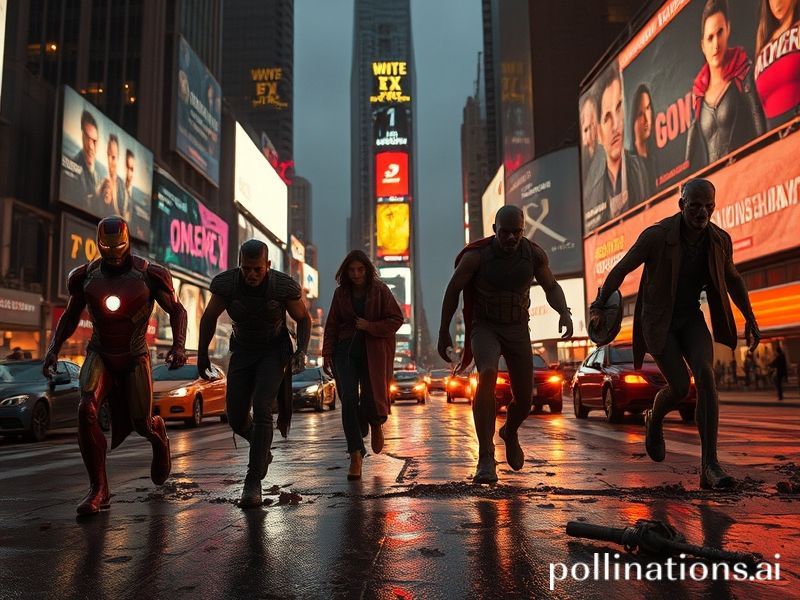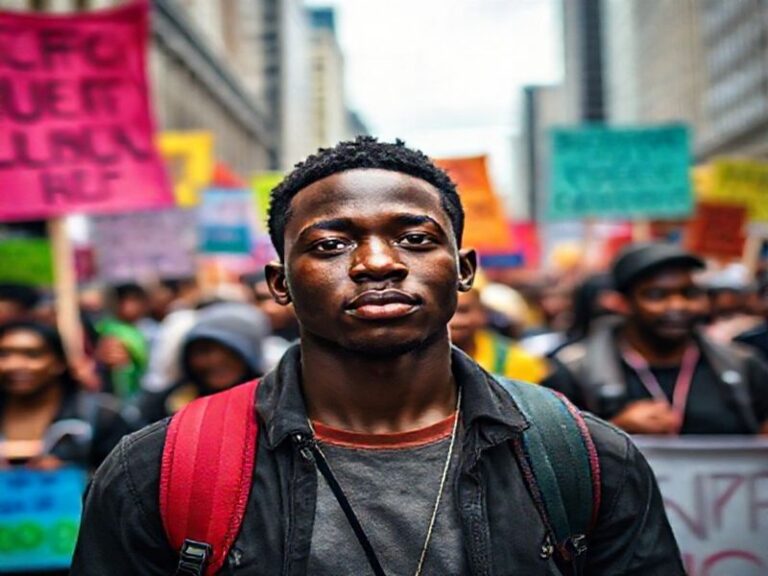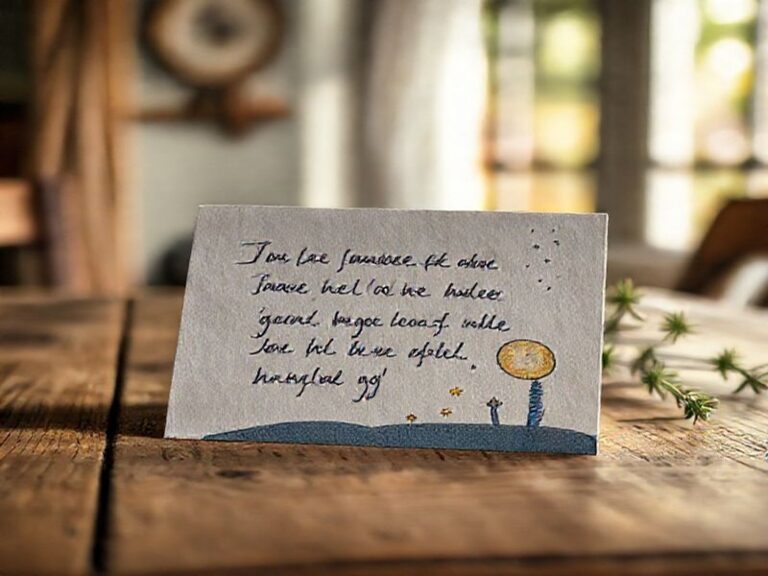World Eaters Inc: How Marvel Zombies Became the Planet’s Newest Super-Power
Mumbai’s morning commuter trains still smell of cardamom and diesel, but last week they also smelled faintly of fear; every carriage held at least one passenger doom-scrolling on a cracked screen, transfixed by grainy set photos of Benedict Cumberbatch shambling through the rubble of what used to be a Disney back-lot. Somewhere between Seoul’s stock-exchange ticker and Lagos’ night-market TikTok feeds, the phrase “Marvel Zombies MCU” achieved escape velocity. A fictional zombie outbreak inside the most profitable cinematic universe ever is now being processed by 195 sovereign governments, four major religions, and one extremely confused Swiss data-privacy tribunal.
The pitch is deliciously simple: take the same spandex demigods who normally rescue quarterly earnings and let them chew on the global audience instead. Marvel Studios—fresh from turning the multiverse into a quarterly subscription—has decided Phase Six needs literal Phase Six necrosis. International observers, trained by decades of IMF communiqués to parse euphemism, noted that Disney’s shareholder letter called the project “a bold exploration of brand elasticity.” Translation: we’re running out of planets for our heroes to save, so we’ll have them devour the planets instead.
Reactions abroad range from the pragmatic to the prophetic. The French culture minister, still sore that Mickey Mouse ate Asterix for breakfast, declared the show “a metaphor for American cultural imperialism, now with added cannibalism.” Beijing’s censors reportedly asked for a version where the zombies apologize and enroll in re-education camps. Meanwhile, New Zealand’s tourism board is already printing brochures: “Come for the landscapes, stay because you’ve been bitten.”
Beneath the memes, the venture is a stress-test for the global content-industrial complex. The MCU has grossed north of twenty-five billion dollars—roughly the GDP of Iceland plus Fiji, with better catering. If audiences accept undead Iron Man, every other franchise will follow suit: Fast & Furious: Coronary Drift, Downton Abbey: Brains & Bunting, a prestige Netflix limited series in which the corpse of Miss Marple solves her own murder. The world’s culture ministers now realize they are no longer protecting local cinema from Hollywood; they’re protecting local cemeteries.
There is geopolitical fallout. The European Commission, never one to miss a regulatory buffet, has opened an antitrust probe: does a zombie Captain America constitute unfair competition for European undead? Poland’s government leaked an internal memo warning that undead superheroes could “normalize post-mortem migration.” Down in Brazil, a Rio favela organized a cosplay bloco where revelers dressed as half-eaten Avengers; the local drug cartel politely asked them to stop, citing brand dilution.
The darker joke is that the premise is redundant. We are already living in a zombie franchise—shuffling from crisis to crisis, feeding on whatever outrage keeps the algorithm’s heart beating. Marvel simply added capes and a merchandising plan. South Korean sociologist Dr. Park Min-ho calls it “necrocapitalism: the moment late-stage branding eats itself and sells the bones as limited-edition Funko Pops.” His students nodded, then queued for popcorn-flavored dental floss at the campus MCU pop-up.
Still, the spectacle is oddly comforting. In Sudan, where the news cycle is an actual humanitarian catastrophe, families crowd around a single phone to watch zombie Thor decapitate zombie Loki. For twelve minutes they forget the price of wheat. In Kyiv’s metro shelters, children trade bootleg dub cards: “I’ll give you Zombie Spider-Man for Regular Spider-Man with explosion background.” Somewhere, a marketing executive takes notes and sighs: emotional resonance achieved, now how do we monetize post-traumatic playdates?
The series will drop simultaneously in forty-six languages, including Klingon and Esperanto, because despair is the last truly universal tongue. And when the credits roll, the planet will exhale, adjust its mask, and return to the infinitely more frightening prospect of being alive in 2025—only now with a line of officially licensed apocalypse merch.
In the end, the international takeaway is this: if the world must end, let it end with product placement. Because nothing says “civilizational twilight” quite like a zombie Scarlet Witch gnawing on a Happy Meal.







